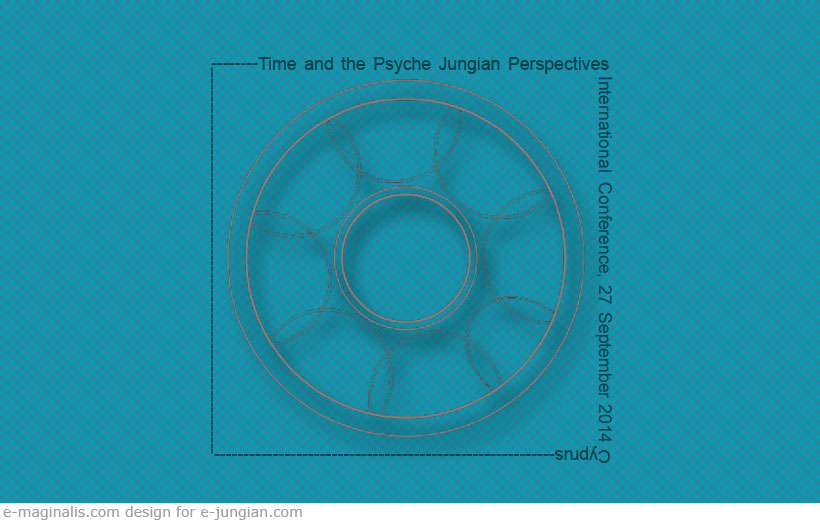
“We must appreciate that time is more than a concept that needs to be scientifically and philosophically explored. There is always an implicit (if not explicit) assumption regarding time behind almost every theory concerning the nature of human existence. Each field, approach or statement needs to rest against a temporal background; each uttered sentence assumes a temporal frame. It is as if time is the barometer for every human expression.”
Time and Timelessness: Temporality in the theory of Carl Jung
(Yiassemides, Routledge 2014)
Time and the Psyche: Jungian Perspectives is the first conference to explore temporality and its relation to the reality of the psyche within the context of Jungian theory and practice.
Temporality plays an important role in many of Jung’s central ideas, and is closely interlinked with his overall approach to the psyche and the cosmos at large. Although Jung did not intentionally develop a theory of time as such, his ‘time theory’ is interwoven within his opus.
Even though many concepts developed by Jung and post-Jungian theorists are intimately linked with time – such as the acausal connecting principle of synchronicity, the study of precognition and telepathy, the experience of non-linear time in therapy and dreams – few theorists have focused explicitly on the temporal parameter; time has been underestimated and neglected as an area of study in the field of analytical psychology.
Time and the Psyche aims to bring time at the central stage of analytical psychology, and to place the theory of Carl Jung upon this stage. Through this exploration temporality becomes the platform upon which we approach the psyche. This opens new dimensions and viewpoints from which we can understand the functions of the psyche and its manifestations, an endeavor which is of value not only for analytical psychologists but for anyone interested in the reality of the psyche and its expressions.
See a review of a book by Angeliki Yiassemides































